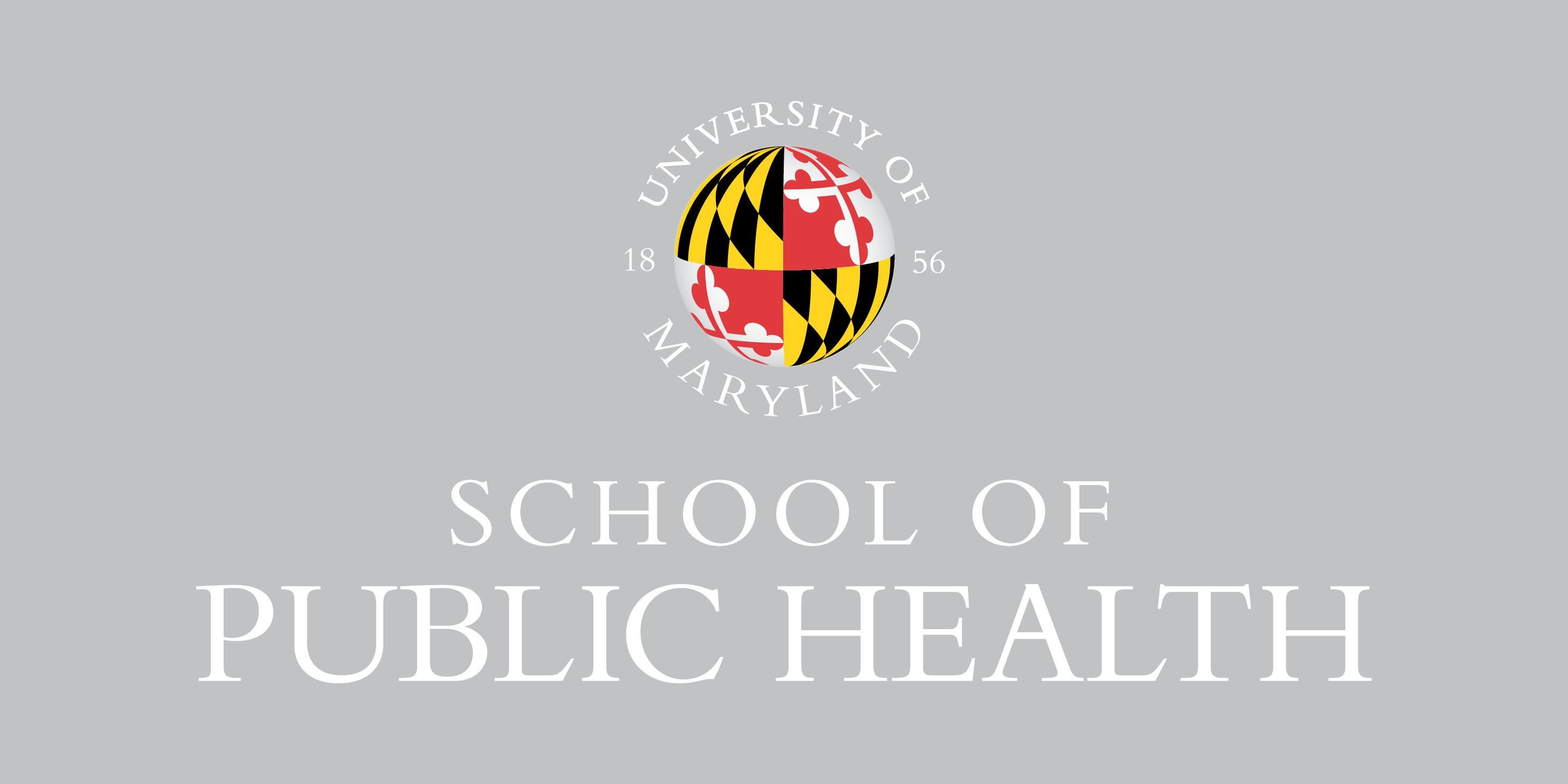
Six years ago, the University of Maryland enacted a campus-wide smoking ban, but the policy wasn’t quite 100% smoke and tobacco-free.
The 2013 ban allowed four designated smoking areas on campus and the policy did not include language that explicitly restricts the use of electronic nicotine delivery systems (known often as vapes, vape pens and e-cigarettes), which have recently surged in popularity with teens and young adults.
The School of Public Health has received funding to work with campus stakeholders to refine and strengthen the existing policy with an almost $20,000 grant from the American Cancer Society’s Tobacco-Free Generation Campus Initiative.
The grant will establish a Smoke-Free Campus Taskforce with representatives from the University Health Center, the School of Public Health, Residential Facilities and Public Health Action Through Civic Engagement, a student group. The task force will be responsible for educating and engaging students, faculty, staff and decision-makers.
“Anything we can do to reduce nicotine use among college students— and the entire community— is a good idea,” said Amelia Arria, professor of Behavioral and Community Health, and principal investigator on the grant.
Arria has devoted her career to researching substance use among adolescents and young adults, and brings her expertise on evidence-based practices that are effective in reducing excessive drinking to the project.
Her research shows that the most effective way to reduce excessive drinking on campus is a combination of limiting access and availability and identifying and helping students at the individual level. Arria said she believes this effort will take a similar approach.
According to the American Cancer Society, more than one million current college students in the U.S. will die from cigarette smoking. A U.S. Surgeon’s Report said in 2012 that if young people do not start using tobacco by age 26, they are very unlikely to start, which is why it’s critically important to curb tobacco on college campuses.
Many campuses have already started to institute 100% smoke and tobacco-free policies. According to the American Nonsmokers’ Rights Foundation, as of April 2018, there were 2,164 100% smoke-free campuses.
Of these, 1,805 campuses were 100% tobacco-free, 1,741 prohibited e-cigarette use, 883 prohibited hookah use and 278 prohibited smoking or vaping marijuana.
Dr. Dushanka Kleinman, principal associate dean in the School of Public Health and an advisor on the project, said that initiative will attempt to build awareness around the benefits of having a stronger policy and raise awareness about the nicotine cessation resources that are available to faculty, staff and students.
As vaping rises in popularity, there is a sense of urgency to combat an epidemic that could result in a new generation addicted to nicotine. The national Monitoring the Future survey reported that the number of college students who use e-cigarettes rose from 6% in 2017 to 16% in 2018-- among the greatest one-year increases for any substance.
And although more research is still needed on the specific health effects of vaping, the Centers for Disease Control and Prevention recommended the public avoid e-cigarette products altogether while it investigates a mysterious lung disease associated with vaping.
As of Dec. 3, there were 2,291 hospitalizations due to vaping, and 48 confirmed deaths (from CDC data).
Rachael Sturgis, a master of public health student and project coordinator who assisted in writing the application, said that to have a tobacco-free campus, there will need to be a cultural change in addition to education about the adverse health outcomes of these devices.
The team is currently researching tobacco-free policies that have been successful on other campuses, like at the University of Pennsylvania or the University of Michigan.
“You really have to look at it with a 360-degree view— from the perspective of traditional students to staff, faculty, contractors, neighbors and policymakers,” said Kleinman. “It’s important to realize that every policy has intended and unintended consequences.”
The task force had its first meeting on December 6 to review the existing policy and charge the committee with roles and responsibilities in early 2020. They aim to work with campus leaders to propose refinements to the existing policy by fall semester of next year.